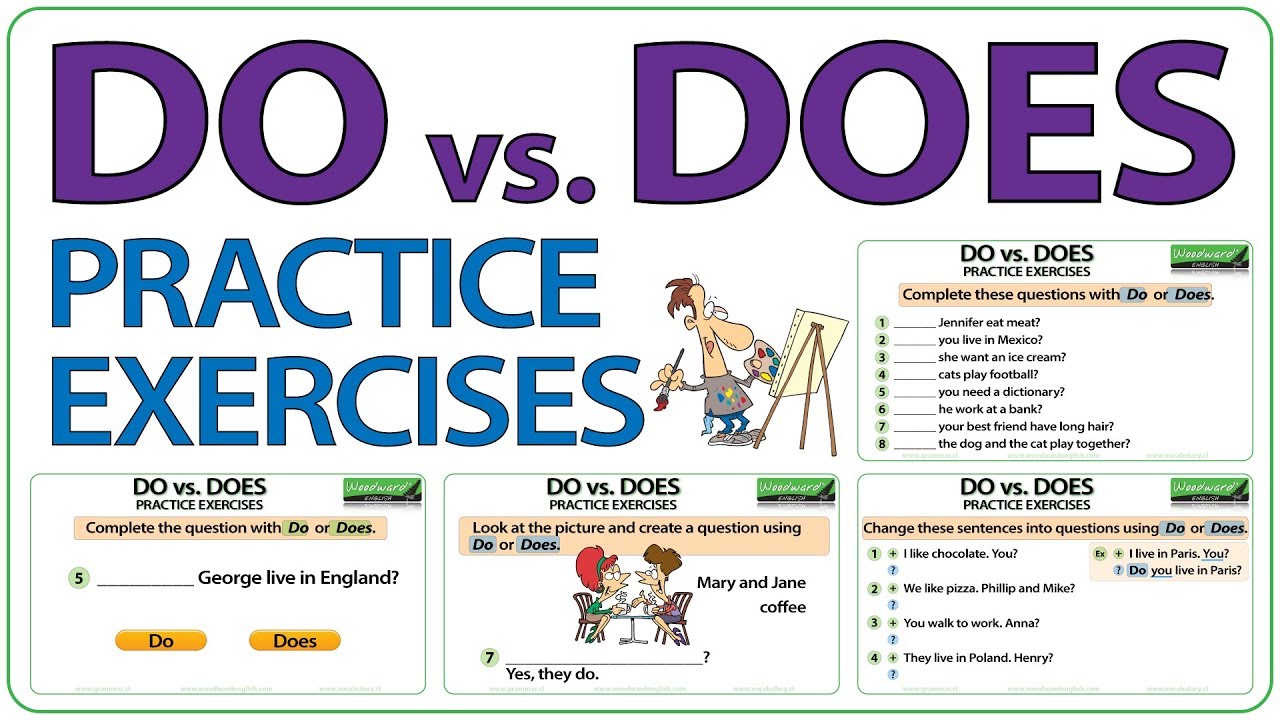Planned Parenthood, a leading provider of reproductive health care in the United States, offers a range of free or low-cost services to individuals who cannot afford them. The organization’s ability to provide these services is made possible through a combination of funding sources, including government funding, private donations, and insurance reimbursements.
One of the primary sources of funding for Planned Parenthood’s free services is the Title X family planning program, a federal grant program that provides funding for family planning services to low-income individuals. Title X funds are used to support a range of services, including birth control, cervical and breast cancer screenings, and STD testing and treatment. In addition to Title X funding, Planned Parenthood also receives funding from other government programs, such as Medicaid, which helps to support the organization’s services for low-income individuals.
Private donations also play a critical role in supporting Planned Parenthood’s free services. The organization relies on donations from individuals, foundations, and corporations to help fund its programs and services. These donations can be used to support a range of activities, including patient services, education and outreach, and advocacy efforts. Some donors may specify that their contributions be used to support specific services or programs, such as birth control or abortion services.
In addition to government funding and private donations, Planned Parenthood also generates revenue through insurance reimbursements. Many of the organization’s patients have private insurance or Medicaid, which helps to cover the cost of services. For individuals who are uninsured or underinsured, Planned Parenthood may offer sliding-scale fees or other forms of financial assistance to help make services more affordable.
To qualify for free services at Planned Parenthood, individuals typically need to meet certain eligibility criteria, such as being uninsured or underinsured, and having a low income. The specific eligibility criteria may vary depending on the location and the type of service being sought. For example, some Planned Parenthood health centers may offer free birth control to individuals who are under the age of 26 and have an income at or below 200% of the federal poverty level.
Once eligible individuals have been screened and approved for free services, they can access a range of health care services at no cost. These services may include:
- Birth control, such as the pill, IUDs, or condoms
- Cervical and breast cancer screenings
- STD testing and treatment
- HIV testing and counseling
- Pregnancy testing and counseling
- Abortion services, in some locations
In addition to these clinical services, Planned Parenthood also offers educational and outreach programs to help individuals make informed decisions about their reproductive health. These programs may include workshops, support groups, and one-on-one counseling sessions, and may be available at no cost to eligible individuals.
By combining government funding, private donations, and insurance reimbursements, Planned Parenthood is able to offer a range of free or low-cost services to individuals who cannot afford them. These services are critical to supporting the reproductive health and well-being of individuals, particularly those who are low-income or uninsured.
What types of services does Planned Parenthood offer for free?
+Planned Parenthood offers a range of free services, including birth control, cervical and breast cancer screenings, STD testing and treatment, HIV testing and counseling, pregnancy testing and counseling, and abortion services, in some locations.
How does Planned Parenthood fund its free services?
+Planned Parenthood funds its free services through a combination of government funding, private donations, and insurance reimbursements.
Who is eligible for free services at Planned Parenthood?
+To qualify for free services at Planned Parenthood, individuals typically need to meet certain eligibility criteria, such as being uninsured or underinsured, and having a low income. The specific eligibility criteria may vary depending on the location and the type of service being sought.
Overall, Planned Parenthood’s free services play a critical role in supporting the reproductive health and well-being of individuals, particularly those who are low-income or uninsured. By providing access to affordable health care services, Planned Parenthood helps to promote health equity and reduce health disparities in communities across the United States.



